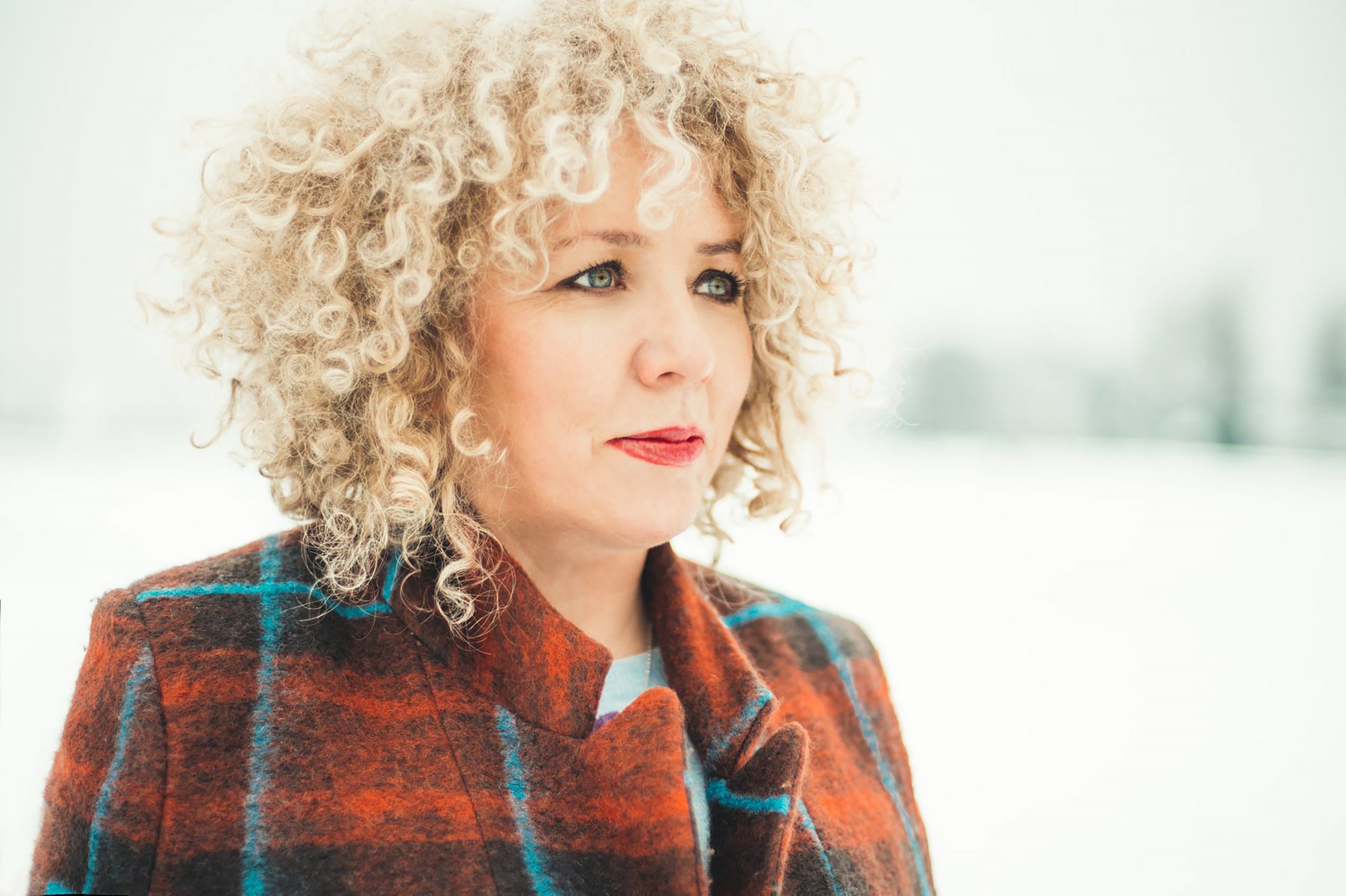Bríd Higgins Ní Chinnéide was excited about seeing her oil paintings exhibited in the Hang Tough Gallery in Dublin at the end of March. Due to Covid-19 restrictions, that exhibition has been postponed indefinitely. Ireland’s artists are suffering a shock to their sector, caused by the rippling effects of Covid-19. “This has really thrown some of my plans for the year,” says Ní Chinnéide. Arts organisations will lose an estimated €2.9 million in income per month of shutdown and the economic impact on the sector to date is over €10 million, according to the Arts Council. In addition to this,…
Cancel at any time. Are you already a member? Log in here.
Want to read the full story?
Unlock this article – and everything else on The Currency – with an annual membership and receive a free Samsonite Upscape suitcase, retailing at €235, delivered to your door.

